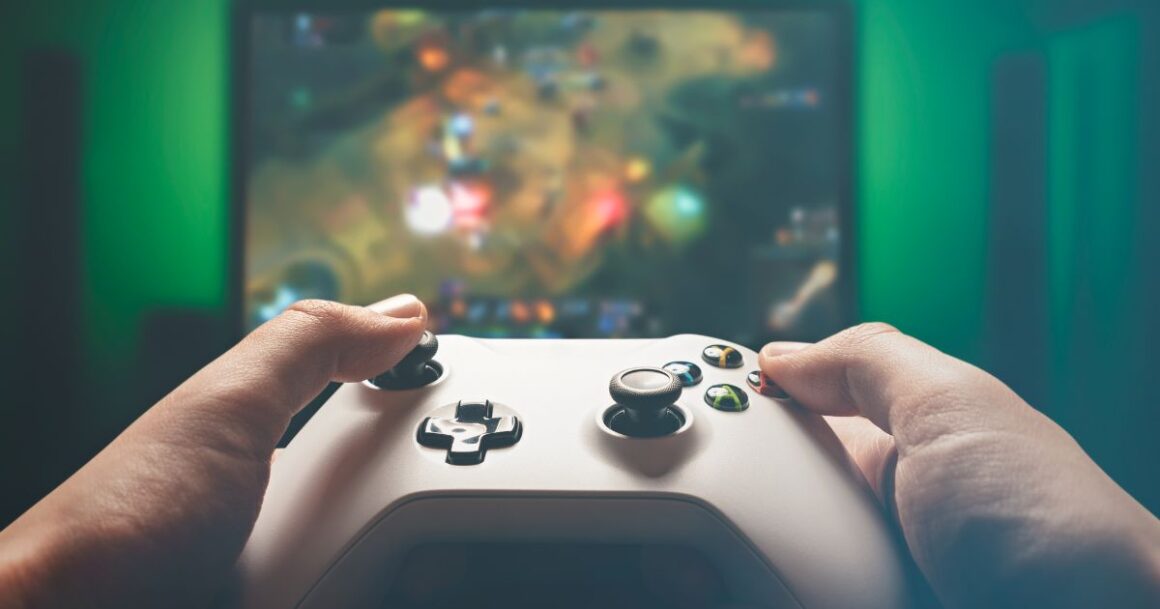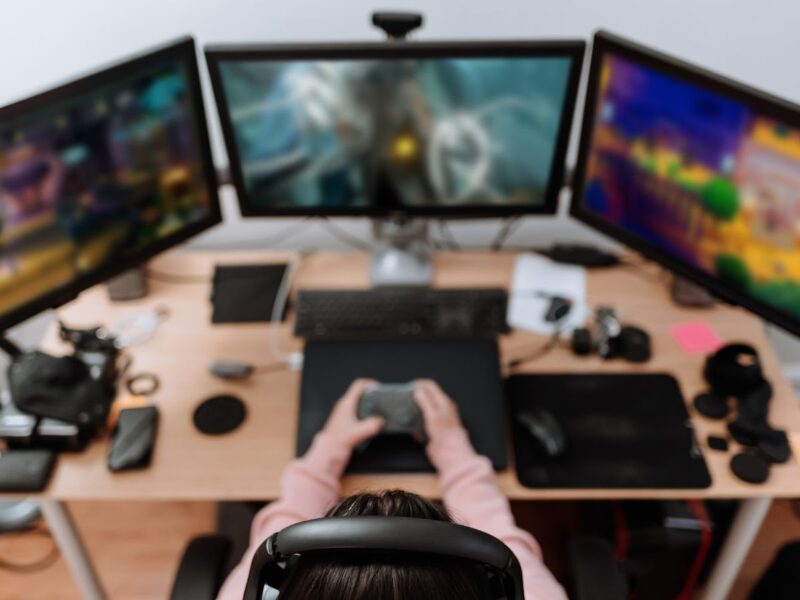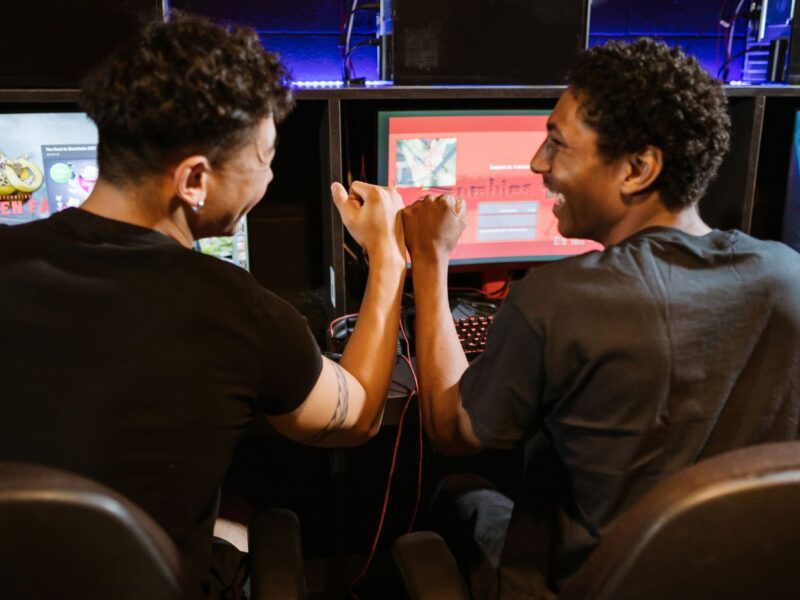Table of Contents
Balancing gaming with daily life is important to maintain a healthy routine. Gaming is a fun and engaging way to relax, connect with others, and enjoy entertainment. However, without proper balance, it can take too much time away from other responsibilities like work, relationships, or even personal health. Research from Science.govhighlights that gaming, while enjoyable, should be balanced with other daily responsibilities to ensure a healthy lifestyle. By managing gaming time effectively, it is possible to enjoy the benefits of games while staying on track with important daily tasks. Finding this balance ensures that gaming remains a positive part of life without overshadowing other essential areas.
Understanding the Importance of Balance
Maintaining a balance between gaming and other aspects of life is key to keeping everything running smoothly. Gaming can be highly entertaining, but without limits, it may disrupt daily activities. Learning how to manage gaming time allows for both enjoyment and fulfillment of responsibilities.
The Impact of Gaming on Your Daily Routine
Gaming, when managed well, can be a positive addition to daily life. It offers relaxation and entertainment, but excessive gaming can disrupt important tasks like work, chores, and spending time with family. Setting time limits helps to keep gaming from dominating your routine, ensuring a healthy balance.
Recognizing the Signs of Imbalance
There are clear signs when gaming starts to affect daily life negatively. It’s important to recognize these signs early to avoid bigger problems. Some warning signs include neglecting responsibilities or withdrawing from social activities.
- Missing deadlines at work or school.
- Spending less time with family or friends.
- Frequently losing track of time while gaming.
Recognizing these signs early allows for adjustments to maintain a healthy gaming-life balance, ensuring that both leisure and responsibilities are handled effectively.
Setting Healthy Boundaries for Gaming
Establishing healthy boundaries is essential for enjoying gaming without letting it interfere with daily responsibilities.

Setting limits and having clear guidelines can help make gaming a part of your routine in a balanced way, allowing time for work, relationships, and personal well-being.
Creating a Gaming Schedule
One effective way to maintain balance is by creating a gaming schedule. Setting specific times each day or week for gaming helps prevent overindulgence. Prioritize important tasks before playing, ensuring that gaming becomes a reward after completing daily duties.
- Set a time limit for gaming sessions.
- Choose specific days or times to game.
- Make sure essential tasks are done first.
Integrating Gaming as a Reward
Gaming can be a great incentive when used as a reward. After completing tasks or achieving goals, taking time to the game can be a fun way to relax and unwind. This approach helps maintain productivity while ensuring gaming remains a positive part of life.
- Task reward: Treat gaming as a reward for getting through your daily tasks. This can make chores or work more enjoyable knowing there’s something fun waiting afterward.
- Set goals: Establish clear goals like finishing a project or meeting a deadline. Once those goals are accomplished, gaming can be a well-deserved reward to celebrate your achievements.
- Balanced enjoyment: Gaming feels more rewarding when it’s integrated into a balanced routine. By earning your gaming time, you can relax and enjoy it guilt-free, knowing you’ve already handled your responsibilities.
The Role of Gaming in Moderation
Moderation is key, not only for traditional gaming but also for Sweepstakes Casinos. Just like with other forms of entertainment, it’s important to enjoy sweepstakes games responsibly. By engaging in moderation, you can keep them fun without letting them interfere with essential parts of life, such as work, family, or daily responsibilities.
Balancing gaming with your routine ensures that it remains a positive and stress-free experience. When gaming is enjoyed in moderation, it can provide excitement without taking too much time away from important tasks. By maintaining this balance, you can make gaming an enjoyable part of your day without it overwhelming your responsibilities.
Balancing Gaming with Physical and Mental Health
Maintaining physical and mental health is crucial when balancing gaming with daily life. By incorporating healthy habits, players can enjoy gaming without negatively affecting their overall well-being.
Staying Active While Gaming
It’s important to integrate movement into a gaming routine to stay physically healthy. Taking regular breaks to stretch or walk can help prevent long periods of inactivity. Insights from the National Center of Safe Supportive Learning Environment emphasize the importance of physical health in various environments, including gaming. Additionally, trying active games that involve movement, such as fitness or VR games, can keep players engaged while promoting physical activity.
Managing Mental Health During Gaming
Excessive gaming can lead to mental strain, making it essential to manage screen time wisely. Taking breaks, limiting long gaming sessions, and engaging in social activities outside of gaming can help maintain mental well-being. Connecting with friends or family, both online and offline, can support emotional balance.
Fitting Gaming into a Busy Lifestyle
Even with a hectic schedule, gaming can still be a part of your day.

With some planning and smart choices, it’s possible to enjoy gaming without sacrificing other priorities, making it a source of relaxation instead of stress.
Maximizing Free Time with Quick Game Sessions
For those with busy lives, fitting in long gaming sessions might not always be possible. Instead, try playing quick, easy-to-pick-up games that can be enjoyed during short breaks.
Games like mobile puzzles, card games, or short rounds of strategy games are perfect for enjoying entertainment without a big time commitment. By opting for these quick sessions, you can still engage with gaming and unwind, even if you only have a few minutes to spare.
Gaming doesn’t always have to be a solo activity. Make it part of your social life by playing games with friends or family, either online or in person.
Multiplayer games or team-based games provide a fun way to stay connected while gaming, allowing you to share experiences and bond over a shared hobby.
By blending gaming with social time, you’re not only enjoying the game but also spending meaningful time with others, which enhances both your social interactions and gaming experience.
Conclusion
Balancing gaming with everyday responsibilities is key to maintaining a healthy and enjoyable lifestyle. Gaming is a great source of entertainment and relaxation, but when it consumes too much time, it can impact work, relationships, and overall well-being. By setting boundaries, creating a gaming schedule, and incorporating healthy habits, you can enjoy gaming in a way that enhances your life. Moderation is essential, ensuring that gaming remains a fun part of your routine without overshadowing other important areas. Finding this balance allows you to fully enjoy the best of both worlds—gaming and daily life.







